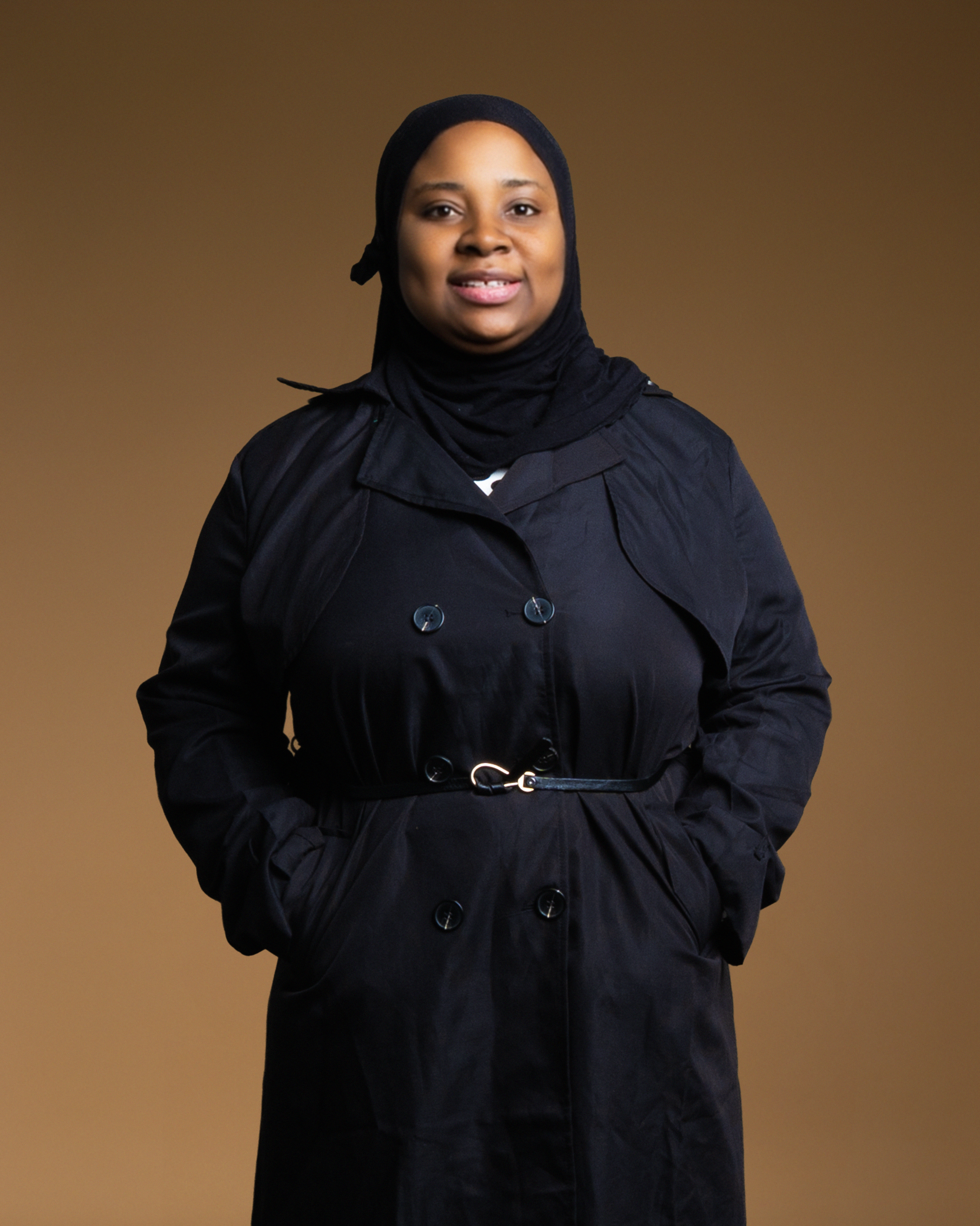In my work with entrepreneurs across Canada, I often see a common struggle: moving from survival to scale. Starting a business is difficult enough, but building one that can attract funding and grow sustainably requires a level of readiness that too many founders are not prepared for. The truth is, funding is not just about having a good idea. It is about being ready.
The Readiness Gap
One of the blind spots I notice is how often founders hire only for immediate needs. It makes sense. Start-ups are unpredictable, and in the early days, you look for hardworking, flexible people who can wear many hats. That approach helps a business survive, but it does not prepare it to scale.
I always encourage founders to think beyond recruitment. Recruitment fills today’s gaps, while talent acquisition builds a workforce that can carry the company into the future. The gameplay is finding people who align with your mission, values, and long-term direction. My advice has always been simple: do not just hire for where your company is today. Hire for where you want it to be.
Investors pay attention to this. They know that the quality of a team, the systems that support it, and the culture that sustains it are what ultimately drive returns. Operational maturity, even with a small team, is often what convinces funders that a business is ready to scale.
Jonas’s Story
I often think of Jonas, a founder who came to us looking for help. His idea was strong, but he faced real obstacles accessing traditional financing. On paper, his proposal did not match the criteria banks were looking for. Without funding, his business was stuck in survival mode.
When we stepped in with specialised financing, the outcome was transformational. The support was not just capital. It included mentorship, accountability, and systems designed to prepare him for larger investment down the line. With that foundation, Jonas was able to reposition his company, strengthen his operations, and open doors that had previously been closed.
His story captures what I believe deeply: the right kind of financing, aligned with the realities of our community, can shift a business from simply surviving to building for the future.
What Funders Look For
I have reviewed thousands of pitch decks. Many held brilliant ideas, but ideas alone are not enough. The real question is always: Is this the right team to execute?
Funders also examine systems. At one start-up, we attached staff profiles to every proposal. That small detail consistently caught investor interest. In one case, they audited our operations, reviewed policies, and interviewed employees to see if our culture matched what we wrote. It could have been intimidating, but it worked in our favour. They saw we were living our values, and that credibility ultimately secured their investment.
Shifting Mindsets
Another challenge I see often is around mindset. In many Black communities, loans are viewed with deep suspicion. The history behind that is real, and I understand it. But I also believe that if we want to scale our businesses, we have to start seeing debt differently.
Debt, when managed responsibly, is not a trap. It is a lever for growth. Understanding how credit works, how repayment strengthens credibility, and how investment strategies build resilience is part of becoming funding-ready. Founders who make that shift move faster toward scale, while those who resist often remain stuck in survival mode.
The Power of Community
I also believe that funding readiness is not just an individual responsibility. It is a community effort. Circulating dollars within Black-owned businesses creates a cycle of empowerment that benefits us all. Each time we support one another, we strengthen the ecosystem, create jobs, and build wealth that stays within the community.
That does not mean ignoring mainstream finance. On the contrary, we must engage with it. But the opportunity lies in building systems of our own alongside it. Crowdfunding, cooperative investment models, and microloans are all ways to bridge the gap while also building trust. When combined with access to larger financial systems, they give us the balance we need to scale sustainably.
Building Trust
At the heart of all this is trust. Too many Black entrepreneurs have faced barriers and rejection in traditional finance, and too many funders have underestimated the potential in our businesses. Rebuilding that trust requires preparation on the part of founders and openness on the part of investors.
For entrepreneurs, that means demonstrating readiness not just in vision but in execution. For funders, it means recognising that the journeys of Black founders may look different from traditional paths, but they are no less valuable.
The Readiness Factor
Looking back on my experiences, I see a clear pattern. Businesses that stay in survival mode are often those that have not invested in people, systems, and financial literacy. Those that scale are the ones that prepare intentionally, build credibility, and align with funders who understand their realities.
What separates survival from scale isn’t ambition, it’s readiness. With the right mindset, stronger teams, and a mix of community-driven support and wider access to finance, Black entrepreneurs in Canada can move beyond just getting by to building lasting impact and generational wealth.












